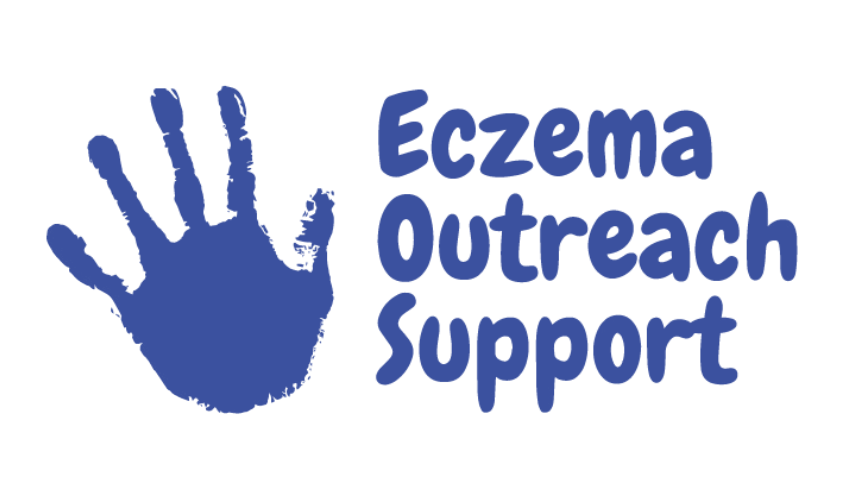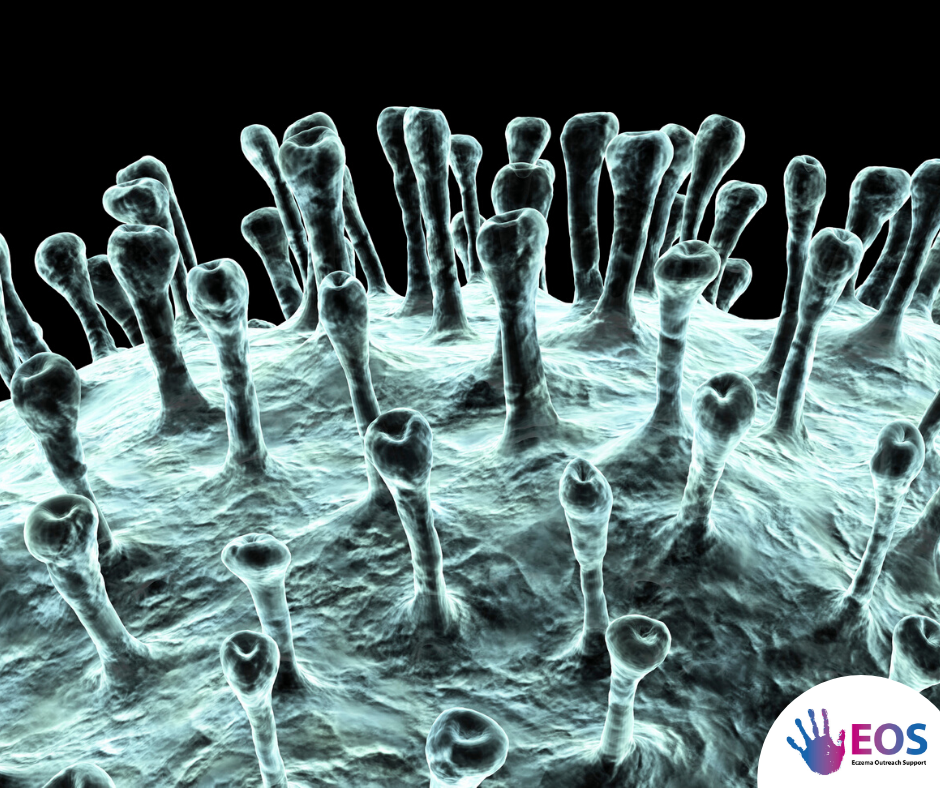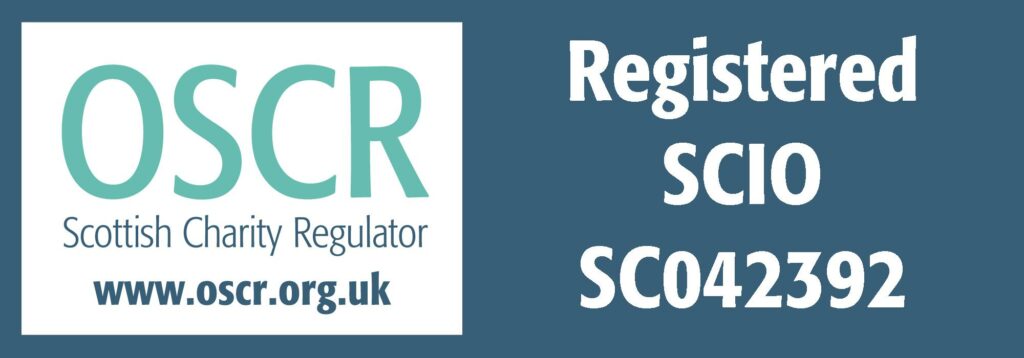COVID-19 has reached pandemic stage and as a result all UK schools are closed as well as social spaces like restaurants, museums, cinemas and soft play centres.
These measures have never been seen in the UK before and there is a chance your child – and yourself – are panicking over the thought of home schooling while working from home and social distancing. While this is a daunting time, it is the best way to protect the vulnerable in our society from Coronavirus and stop the pandemic.
The World Health Organisation recommend washing your hands regularly for 20 seconds but for those with eczema prone skin, this can cause inflammation. The British Association of Dermatologists published tips to help minimise the impact on frequent hand washing.
These are:
• Products known as soap-substitutes perform the same hand sanitising role as traditional soaps. However, these provide moisture to the skin and minimise the risk of irritation and dryness. You can ask your pharmacist to help you find a suitable product.
• Dry your hands fully after washing by patting them dry, not rubbing.
• Moisturisers (emollients) are an essential part of treating hand dermatitis. They help repair the damaged outer skin and lock moisture inside the skin making it soft and supple again. They should be applied after handwashing, repeatedly through the day, and whenever the skin feels dry.
• Some people find overnight moisturising treatments beneficial. Apply a generous layer of a plain moisturiser just before you go to bed, then put on a pair of clean cotton gloves and leave overnight.
• When the hands are going to come into contact with water or detergents, but when not specifically washing the hands (such as when washing up, shampooing a child’s hair, or using cleaning products), wearing gloves that provide a barrier (such as nitrile gloves which are available from chemists or from online stores) will help to keep the skin’s barrier intact.
For eczema sufferers on immuno-suppressant therapy, the immune system may be compromised and you should speak to your dermatologist or GP on how what to do while COVID-19 is a threat.
Most dermatology departments are closed to protect vulnerable hospital patients from Coronavirus and if you have not heard from your doctor or nurse, you should call to check if your appointment is still going ahead. Many consultants and doctors are working remotely, using video calling to diagnose and help patients and if you are struggling, you could request this instead of visiting hospital.
GP practices are busier than normal, as well as coping with staff shortages due to the virus, so make sure you put in any prescription orders well in advance of running out as these may take longer to process.
If you think you, or anyone in your family has COVID-19 please do not attend your GP practice, stay at home and call NHS 111 if you need to.
We hope everyone is calm and stays at home, protected. We will be sharing advice and tips on things to do with children while social distancing is recommended ; visit the blog or Facebook page to be kept up to date.




